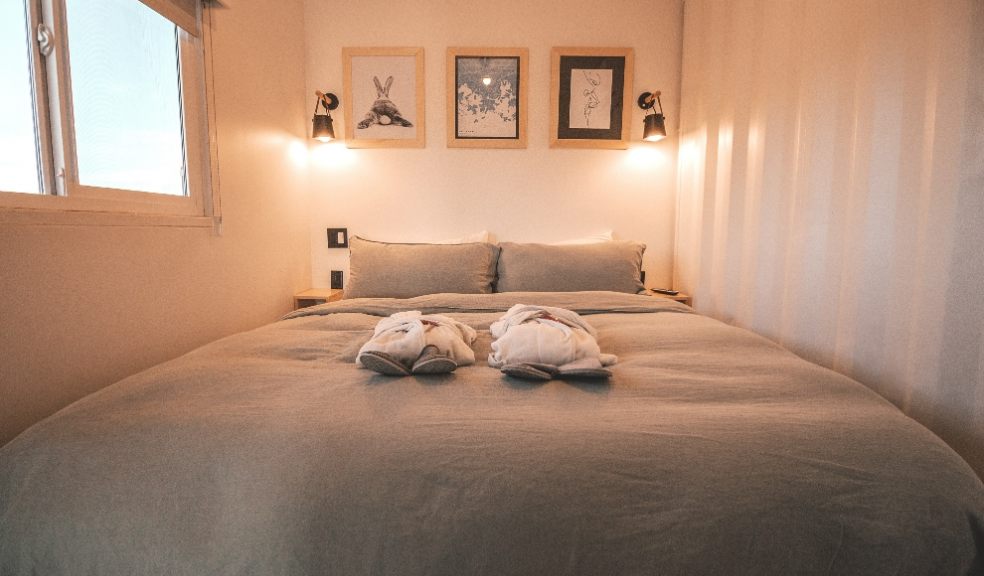
Dormant bed bugs lie in wait for Christmas “bubble” travellers
A grim warning is being given to those travelling to relatives homes this Christmas to look out for dormant infestations of bed bugs in spare beds, which can be woken by their body heat.
“Infestations of bed bugs have been lying dormant in cold beds all year, and the fear is that Christmas will lead to an explosion in bed bug cases, as previously undiscovered dormant infestations wake up and feast on Christmas guests”, explains Jenny Rathbone from Pest Controller Pest.co.uk
Adult bed bugs look like tiny apple pips and tend to hide in cracks and crevasses in mattresses and headboards near their potential feeding sites. They react to temperature because they are cold blooded – when a human warms a bed, they wake up and feed on their sleeping bed mate.
“The problem this year is a sudden influx of new visitors staying in once occupied beds in cold houses, an increase in temperature to 18 – 29 degrees is ideal for bed bugs to wake and feed, laying eggs and promoting hatching”, adds Rathbone.
Under the right conditions a female bed bug can lay between one and five eggs a day, and up to 400 eggs during a lifetime. Eggs develop into adults in 3 weeks, quickly multiplying, causing serious infestation problems.
Pest.co.uk advises all travellers this Christmas to inspect beds before sleeping and take the following precautions:
- Look for small black/brown “apple pips” in mattress creases and around headboards
- Avoid clutter on beds such as cushions, teddy bears and clothes
- Try not to sleep in multiple places such as sofas, chairs, and beds
- Strip beds down between stays, and wash sheets and mattresses thoroughly
If you notice flat, red welts on your body after sleeping – this might be a sign of bed bugs and it is best to get it treated quickly to avoid a large infestation.
“It might be best if staying at your “Christmas Bubble” home this year to strip the bed first and give it a proper check over because bed bugs can survive up to 6 months without a meal and can hibernate for up to a year if your host has had the heating on low all year”, concludes Jenny Rathbone from Pest.co.uk













